Choosing a piano teacher can be very tough. How do you know what to look for? You’ve never played piano in your life, or maybe you have but you’re still unsure. In this post I will help you feel confident that you can select a good classical and jazz teacher for yourself or your children.
#1 Not all piano teachers can teach any age
Not all piano teachers can teach every age. This is a very important factor when deciding on a teacher. Most people assume that any person who plays piano can obviously adapt their methods to accommodate a child (3-9), or a young adult, (9-14 ish). This is simply not true. Each age requires a different set of skills and knowledge to be able to help the student learn. You wouldn’t imagine you could teach the same way for a 60 year old as you would for a 5 year old. This variance holds true for much smaller age gaps. It is obviously less apparent when going from 3-5 year old to 7-10, but all the same, there are differences that will optimize the student’s learning. The best way to find out if the piano teacher is qualified for a certain age level is to ask what their experience is with age. Ask how many ages they’ve taught. Have they only taught kids? Or maybe only high school students? Or maybe they’ve only taught adults? If they have a wide variety of age experience then this person will be most qualified for you. If they only taught a certain age and you still like their enthusiasm, then simply ask how they plan to go about adapting their teaching methods to fit the age of the student.
#2 Not all piano teachers can teach every style
Piano styles are a very specific category and it breaks down into somewhat of a hierarchy. Here it is. Classical music is a whole separate category. If you are looking for a classical teacher only, then you need to make sure they have experience in classical music, and a lot of it. Teachers who have only studied classical music for a couple of years are in no way qualified to teach classical music. There are a lot of nuances and details that one must know that only come with time. In classical music there is less musical theory involved in learning and playing the music. Once someone can read notes then they can work at playing classical music. The teacher is mainly there as a guide to help direct and lead the student. They are not actually teaching them too much new information.
Jazz is the complete opposite. In jazz you will be taught a whole different musical language. Theory is an essential part of jazz. You will learn new concepts almost every week, ( if the teacher is good). It should not just be a jam session. Great jazz teachers will be able to explain what is happening in jazz standards and be able to teach you everything you need to know to start playing the music yourself. If they aren’t doing this, then they do not know the information themselves. If you are interested in other styles such as blues, funk or rock, here is a general rule of thumb. If the teacher has an extensive jazz background then they will be able to teach you all those other styles. If they tell you they specialize in one of those styles, such as blues, funk, or rock, then most likely they will NOT be able to teach you the other styles or even jazz. Jazz and jazz theory is the root to all other forms and styles of music. Besides classical of course!
#3 What to look for in a jazz teacher
Finding a jazz teacher can be a difficult process. When you don’t know anything about jazz or what you should look for it can feel like you’re searching for a needle in a hay stack. How do you if what they say is true? How do you know if they’re are good enough. Here are some questions you can use to help assess your prospective teachers qualification level. And by the way, the age old “How long have you been playing piano?” question holds no value whatsoever. There are pianists who’ve been playing a poor level for 40-50 years. Trust me, I’ve seen it all.
#1 Have you studied classical music and if so for how long? (Anyone who has studied classical music for a while should get a check plus.)
#2 How did you get involved in piano? Were you self taught? Did your parents make you take lessons? Look for someone that was genuinely interested in the music and loved it.
#3 How did you learn jazz? Did they listen and play by ear or did they have an actual teacher? Hopefully they had a teacher. Listening by ear can be okay, but you create many holes in your knowledge this way.
#4 How do you teach jazz? Do they use a book? Do they listen to albums and have you play licks? Look for someone that has a system in place. They should be teaching you exercises to strengthen your technique. They should be including harmony and theory education to build your foundation. Everything should be practical and able to be applied to jazz standards.
#5 How much do you perform and gig and where? If the teacher is playing at your local dive bar on a weekly basis then chances are they aren’t great. “But what if they just need the money Brenden?” Trust me, anyone who is not getting involved in other gigs is content at simply playing a dive bars either because they aren’t good enough to play at other places or because they simply don’t have the motivation to go out and get other gigs, make connections and progress. Either way, look for someone who is playing at a wide variety of venues. Such as bars, restaurants, weddings, recitals, jazz clubs and coffee shops. The more diverse the better.
When asking these questions you will either get someone who is able to smoothly and fluidly explain their background and experience or someone who will give you a blank stare and make up some mumbo jumbo. You know in your gut who is best.
#4 Listen to them play
I once did a consultation with someone and had explained my background and how I was going to progress them and I asked him if it all sounded good and he simply replied with, “Do you mind playing something for me? To my surprise this was the easiest and most telling question he could have asked! If you hear a teacher play and at any point you are not thinking to yourself, “Wow this person sounds great!” then you probably do not have the correct teacher. The teacher should 99% of the time always sound amazing themselves in order to be teaching others. There are those very, very rare occasions where the teacher is a better educator than he is performer. Generally I would be cautious of hiring someone who doesn’t sound great, especially to the non-skilled listener! 🙂
#5 Presentation when you meet them
Most of the time a person’s presentation will resemble the quality of teaching you are going to receive from them. If someone shows up to your door that is dressed very well, prepared with music and pencils, and is able to speak about their practice in a professional manner, then chances are you are going to receive quality teaching. If someone looks unprepared, is late, doesn’t look put together, struggles to explain how they are going to progress the student, then most likely you are not going to get good quality of teaching. I see so many people say, “But it’s music Brenden, don’t musicians normally have their own style?” No. That is a stereotype. There are professional musicians and they’re are unprofessional musicians. You’ll be able to tell who shows up to your door in about 5-10 minutes.
Hopefully this helps you find someone right for you. And if you still feel unsure then you can simply use my website. 😉 You like how I snuck that in there!
Happy Practicing!
Brenden


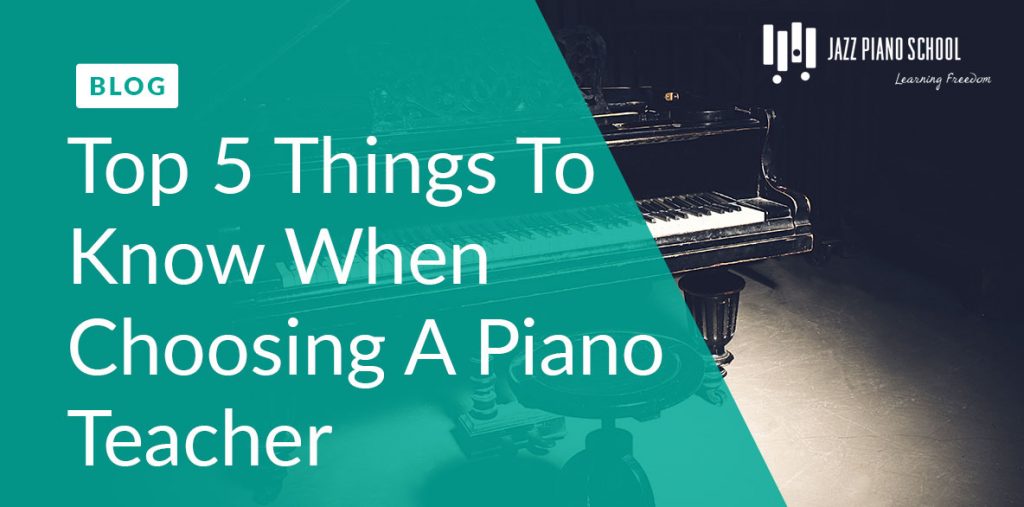

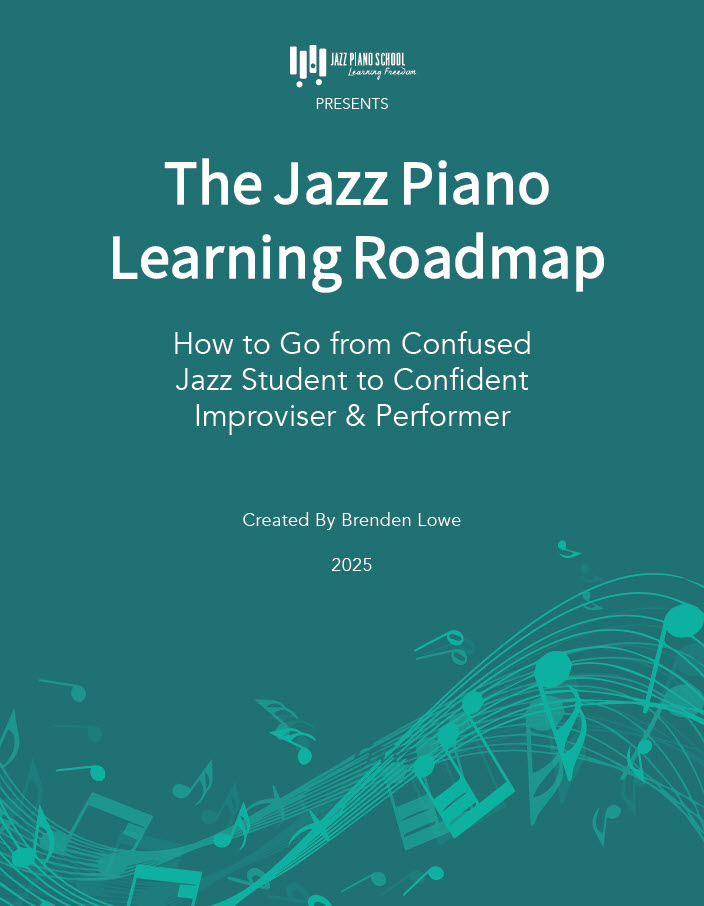
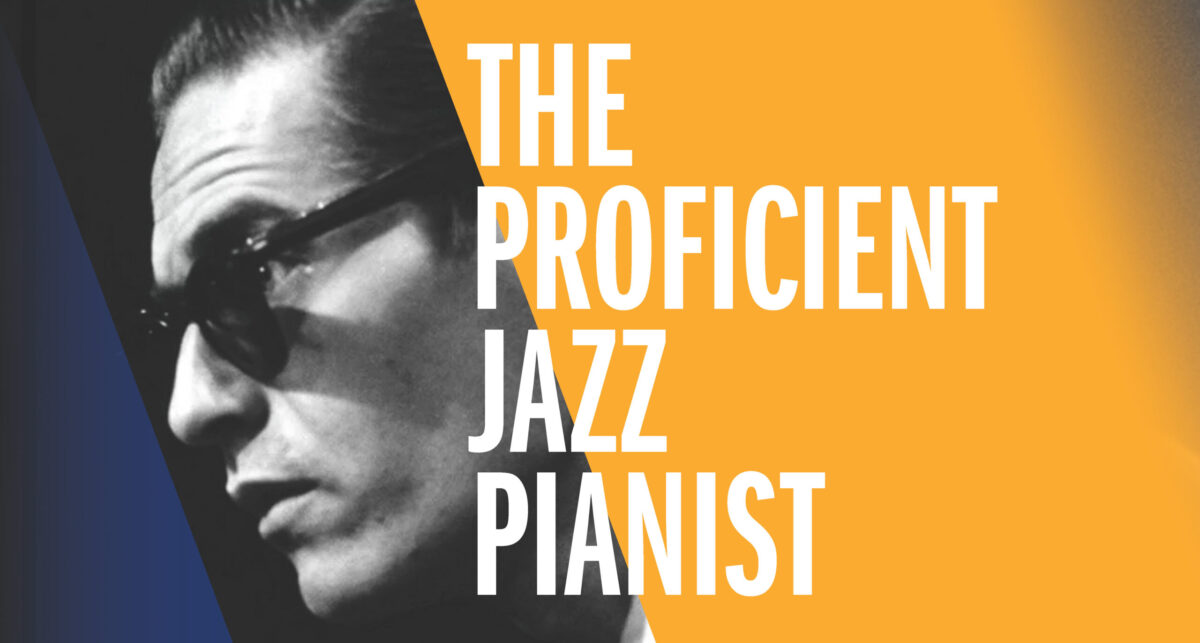
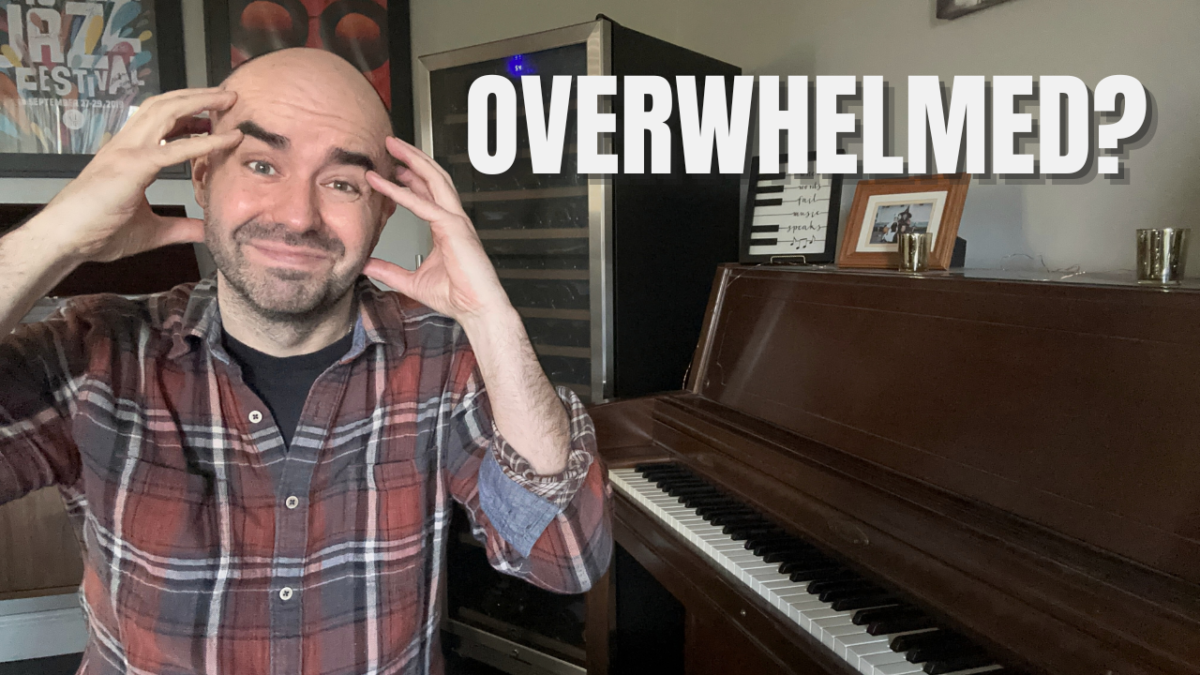
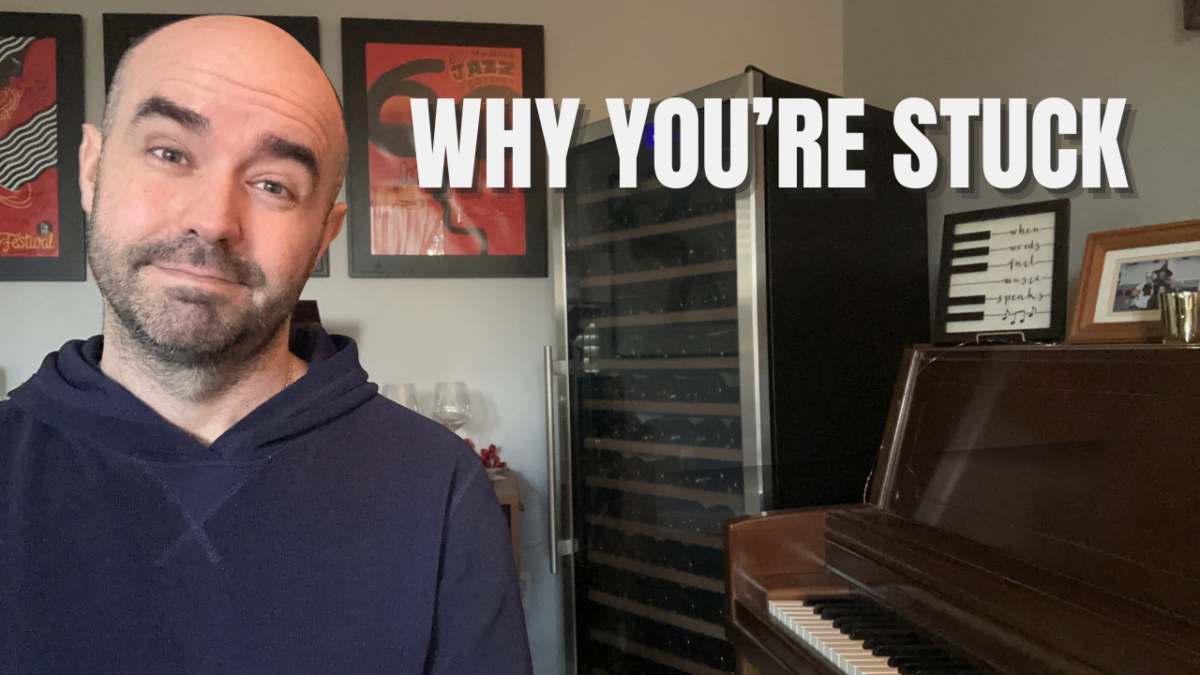
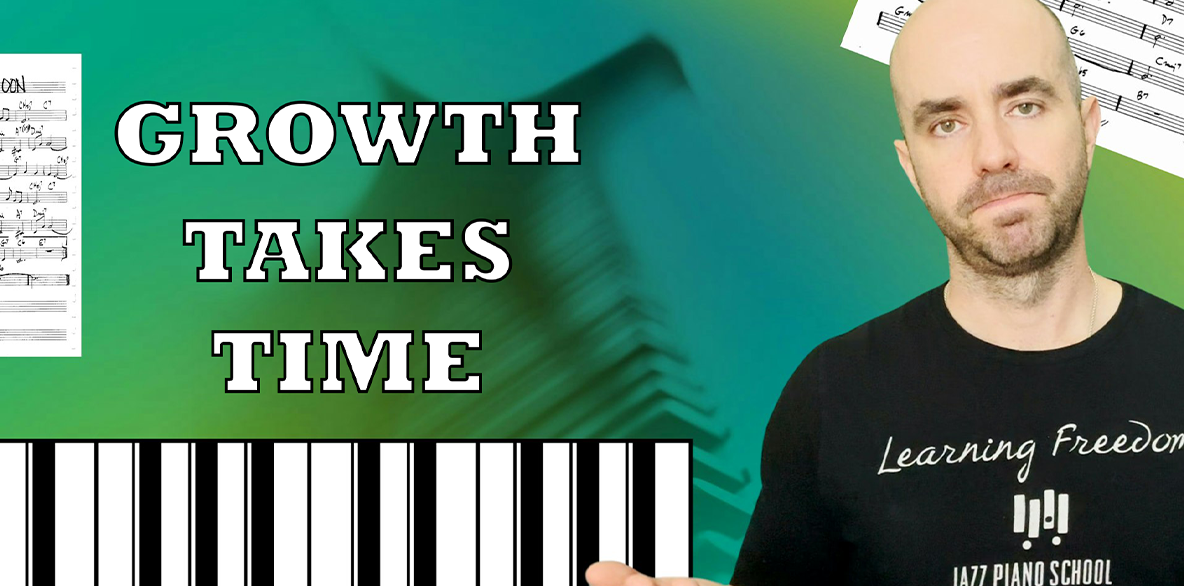

7 Responses
I really like your first point about how different teachers are best with different age groups. Since I have a younger and an older kid that both need lessons, it sounds like I might need to find two different teachers. When I start looking around, I’ll be sure to ask potential piano teachers about how much experience they’ve had with different age groups.
I didn’t realize that not all piano teachers can teach any age. You went on to say that each age level requires a different skill set. I think it’s a good idea to choose a piano teacher that is local to you.
It’s good to know beforehand that piano styles differ from every teacher. I’m planning to enroll my daughter into a piano lesson, I’ll try to research further and ask professionals for pieces of advice. Thanks for your wonderful tips!
I agree that you need to consider the style of piano teacher. Some teachers would teach different styles so that would be good to know. My brother is looking for a piano teacher, so he’ll have to consider their style.
It’s really true… I remember when I told my parents that I make the decision to play on a piano, they was so surprised. You know, I was incredibly difficult in my childhood, I easily to make new friends but I badly have a deal with old generation. My mom literally loses her mind while she chose for me personal piano’s tutor… and… Eventually, when she had a deal with some, after a few individual lessons she left us. Hahaha, I had a terrible sense of humor. We had changed about 7 tutors while I finished my musical classes.
Thanks for the comment Drake! Loved reading the story! lol
I love that you suggested listening to the teacher play. Like you said, the teacher should be able to sound good for them to teach you as well. I will be following this tip to find a good teacher for my son. He just wanted to learn how to play the piano this summer so that he can start a band with his classmates. He is actually the vocalist if ever, but he also wanted to play something while singing. This will help me find a good one for him.